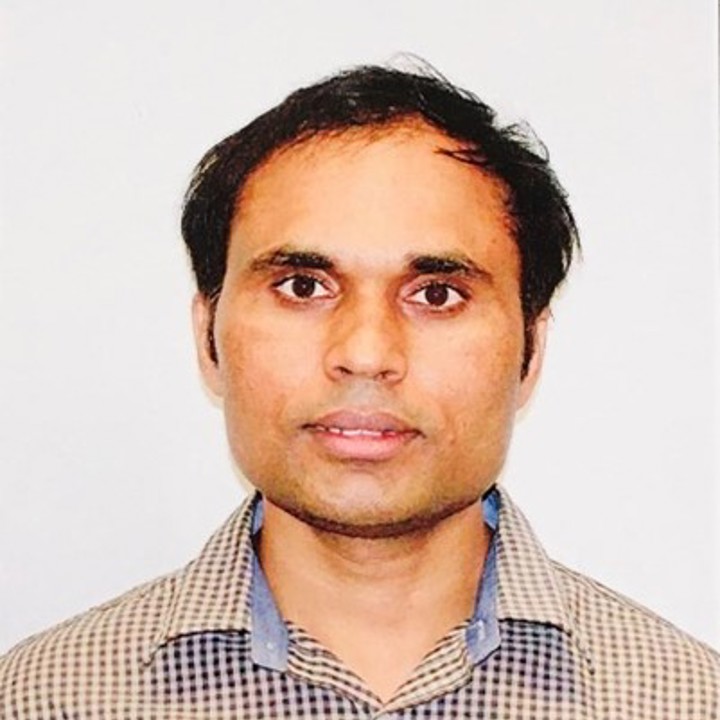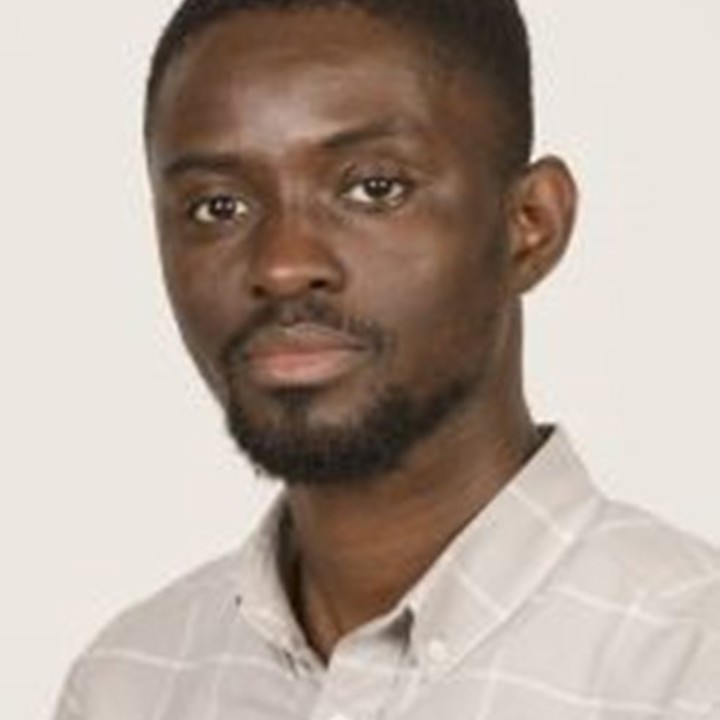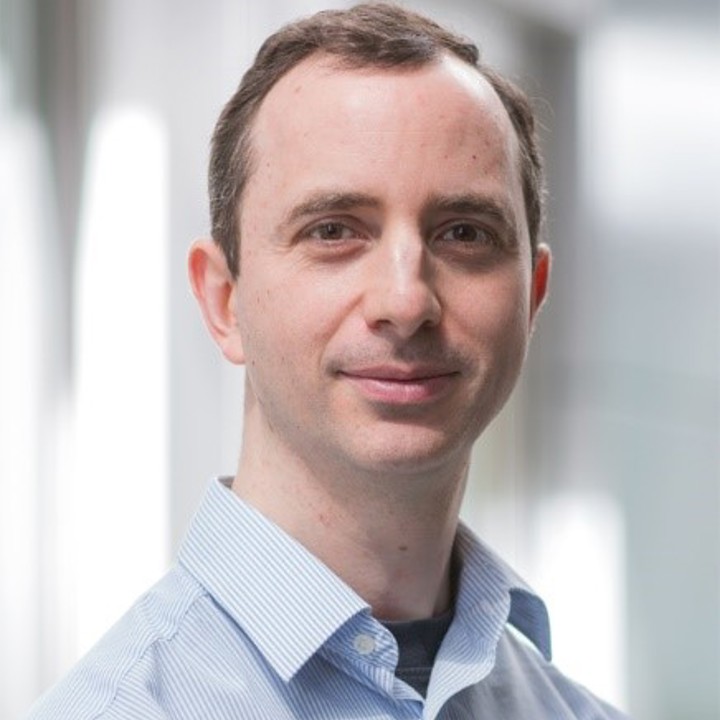
Research Area V - Signalling
Research Area V covers the broad areas of receptors, ion channels, endocrine systems, cytokines, cell cycle, cell growth and differentiation, cell adhesion, second messengers, kinases, phosphatases, lipid mediators, post-translational modifications, transcription/translation, nuclear interactions, nuclear receptors, pre-and post-synaptic signalling, protein phosphorylation, G-proteins, scaffolds, drug discovery, molecular pharmacology, computer-aided drug design and redox signalling.
Get involved!
Research Area V - Signalling
8 members

Tim Palmer
Tim Palmer

Tim is currently Professor and Chair of Cardiovascular Biology at the Hull York Medical School Centre for Biomedicine at the University of Hull, UK. His research examines the cell signalling mechanisms responsible for the development of cardiovascular disease.
Tim received a BSc (Hons) in Biochemistry from the University of Manchester, and a PhD in Biochemistry from the University of Glasgow under the direction of Professor Miles Houslay. During his post-doctoral studies, he examined the molecular basis of adenosine receptor desensitisation, securing an American Heart Association Postdoctoral Research Fellowship. He then returned to Glasgow in 1997 as a Lecturer in Biochemistry before moving to the University of Bradford to take up a Chair in Pharmacology in 2015.
Keywords: Cytokine signalling, vascular biology, inflammation, JAK-STAT

Shambhu Yadav
Shambhu Yadav
I am a redox biochemist with experience in both basic and translational research, currently serving as a Research Fellow in medicine at Harvard Medical School and Brigham and Women’s Hospital. I hold a masters in molecular genetics and protein engineering and a Ph.D. in redox biochemistry and sulphur metabolism under Prof. Anand K. Bachhawat from the Indian Institute of Science Education and Research (IISER) in Mohali, India. I then pursued my first postdoctoral research fellowship studying ion channels and small GTPase trafficking. For my second postdoctoral fellowship, I joined the laboratory of Professor Thomas Michel at Brigham and Women's Hospital and Harvard Medical School where I have been characterizing new chemogenetic/transgenic models to dissect the role of cellular oxidants in cardiovascular and neurodegenerative diseases.
Keywords: Redox Signalling, Calcium Signalling, Sulphur Metabolism, Glutathione, neurodegenerative diseases, and Neurovascular and Cardiovascular Biology

Atanu Chakraborty
Atanu Chakraborty

Dr. Chakraborty received his PhD from Indian Institute of Science, India, exploring bacterial transcriptional regulation. He went on to join London Research Institute (CRUK), now Francis Crick Institute, in London for his postdoctoral research where he investigated the oncogenic signalling and cooperation between RAS and cJun in lung and colorectal cancer development. He joined AstraZeneca Oncology Bioscience team in 2015 where he has worked on multiple oncology drug discovery programmes. Currently, he is leading the bioscience strategy for projects, focused mainly on the RAS-MAPK pathway, to develop targeted therapeutics. He is also a serving member of the Biochemical Society Research Area V from 2021.
Keywords: RAS, Cancer, Drug development

Louis Dwomoh
Louis received a BSc in Medical Laboratory Technology from the Kwame Nkrumah University of Science and Technology in Ghana. After qualifying as a biomedical scientist, he studied for his MSc and PhD degrees in Biomedical Science at the University of the West of England, Bristol. For his doctoral study, Louis investigated the molecular and functional composition of glutamate receptors in pancreatic endocrine cells. He went on to work in the group of Prof. Andrew Tobin at the University of Glasgow, where he investigated the allosteric modulation of muscarinic acetylcholine receptors in neurodegeneration and neuroinflammation. Louis is currently a Lead Scientist at Nxera Pharma, where he works on the translational aspects of their neuroscience drug discovery programmes.

Pamela Lochhead
Pamela Lochhead
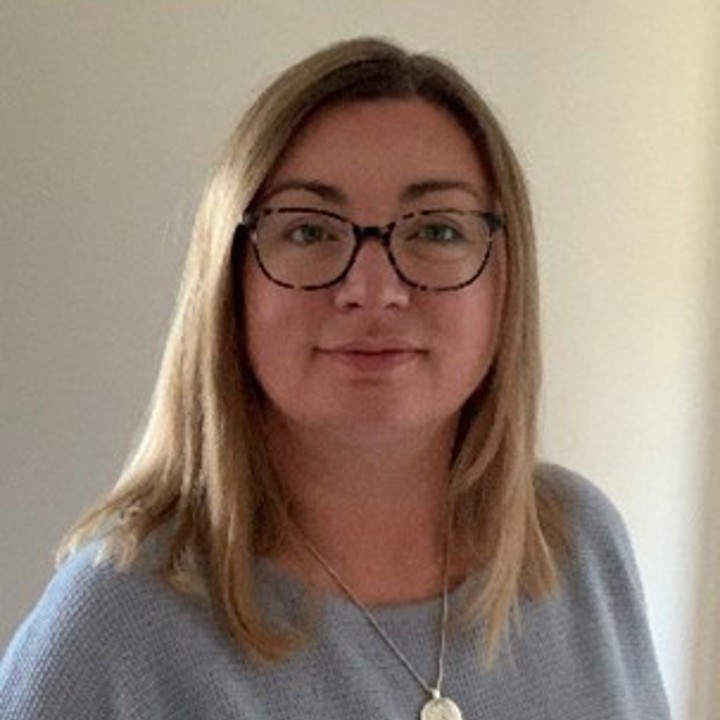
Pamela received a PhD in Biochemistry from the MRC Protein Phosphorylation Unit at the University of Dundee studying the signalling pathways that regulated hepatic gene expression. She then conducted postdoctoral research at the Cancer Research UK Beatson Institute, then moved to a Senior Scientist position at the Babraham Institute, investigating the role and regulation of kinases down-stream from the proto-oncogene RAS which are involved in development and cancer. During this time she was involved in a number of Academic/Industry collaborations.
Excited by proximity inducing drugs such as PROTACs and molecular glues to induce target degradation or other beneficial protein: protein interactions, she moved to the department of Mechanistic & Structural Biology, Discovery Sciences at AstraZeneca in 2020. Here she has worked on a number of Oncology drug discovery programmes.

Darerca Owen
Darerca Owen
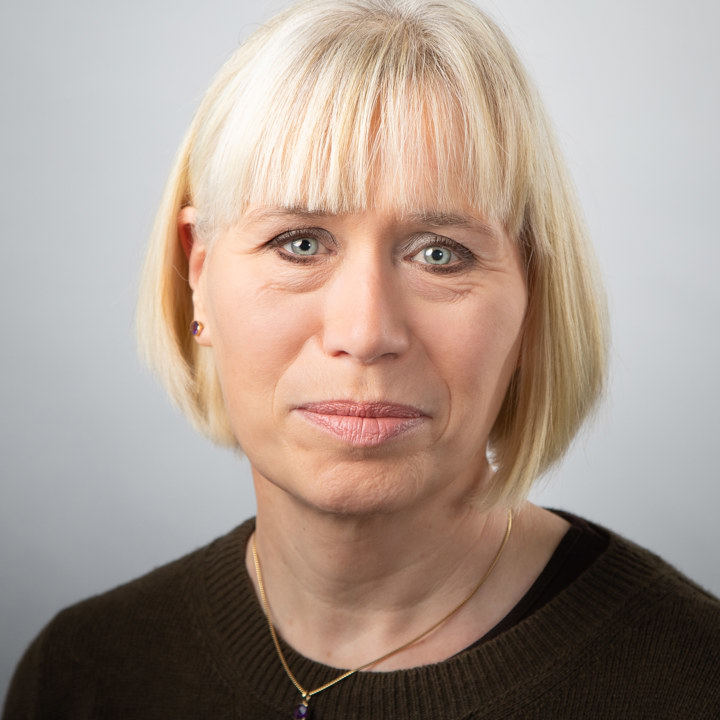
Darerca received a BSc in Genetics and a PhD in Molecular Biology, studying DNA damage responses in bacteria, from the University of Liverpool. She then moved to the Department of Cancer Studies, University of Birmingham, to start her post-doctoral research where she studied the oncoprotein Ras and its interaction with regulators. She continued her interest in small G protein-controlled signalling pathways and moved to the Department of Biochemistry in Cambridge, to study structure-function relationships in small G protein-effector complexes. She established her group in Biochemistry in Cambridge and her research continues to focus on the control of intricate networks of intracellular signalling pathways by small GTPases and their utility as therapeutic targets.

Olivier E Pardo
Olivier E Pardo
Olivier E. Pardo graduated from Paris-V University, France where he was awarded a MSc in Molecular Biology (1995) and a Doctorate in Industrial Pharmacy (1997). He then moved to the UK where he completed his PhD at Imperial College London (2002). He subsequently joined the laboratory of Prof. Julian Downward at the CRUK-London Research Institute as a post-doctoral fellow. In 2006, he became team leader at Imperial College London, Department of Surgery and Cancer where he created the Cellular Regulatory Networks lab. His team focuses on understanding the molecular mechanisms underlying drug resistance and metastasis in cancer, with a particular emphasis on the roles played by S6 kinases and a historical interest in lung cancer.

Marcos Quintela Vazquez
Marcos Quintela Vazquez

Marcos is a senior postdoctoral researcher, currently working at Cardiff University. His main research interests focus on understanding cancer-associated regulatory networks to identify precise therapeutic strategies and companion diagnostics. He received a BSc in Biotechnology at the University of Salamanca (Spain) in 2012, an MSc in Molecular and Therapeutic Biotechnology at the Autonomous University of Barcelona (Spain) the year after and obtained a PhD in Nanomedicine in 2018 (Swansea University). Marcos held a postdoctoral position at Swansea University until 2023 and has recently moved to Cardiff University where he works with Dr Helen B Pearson testing a brand-new therapeutic approach against prostate cancer.
Keywords: Cancer, epigenetics, bioinformatics
